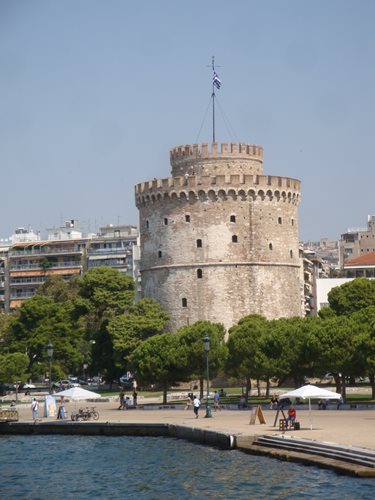Our Médecins du Monde clinic in northern Greece was actually in a storage room within the factory at Oreokastro that served as a refugee camp for Kurdish refugees, and a few other nationalities. Because we were on site, we got to know many of the population quite well, especially those keen on football who were forever scraping their knees or twisting ankles. One chap, whom I saw a great deal, seemed like a different person every time he wandered into the clinic.
He was restless. Sometimes he was agitated. He had a tent on his own. He didn’t sleep. He’d gone nocturnal. Then he was lonely in the middle of the night. He had a defensive smile. The kind of smile that hides hurt. He liked addictive medicines. I wondered what else he took. I suggested he should try to readjust his day with a few sleeping pills. But it is hard to find the motivation when life has no structure. No reason to get out of bed.
He shocked me on my last day working in the camp back in November. I told him I was leaving and asked how things were for him. He said that things were pretty much the same. He was hoping he’d be able to move on. If that didn’t happen soon he thought of going back. Back to the bombing.
He talked a bit more about himself and mentioned in passing that he’d left Syria with his elder brother. They’d been close. They thought they’d be turned back at the land border between Turkey and Greece so they tried to cross into Europe by sea. He drowned somewhere between islands that are politically Turkish and others that are Greek.
He laughed a mirthless laugh and didn’t tell me any more.
 |
| The White Tower of Thessaloniki, 11km from the refugee camp I worked in |